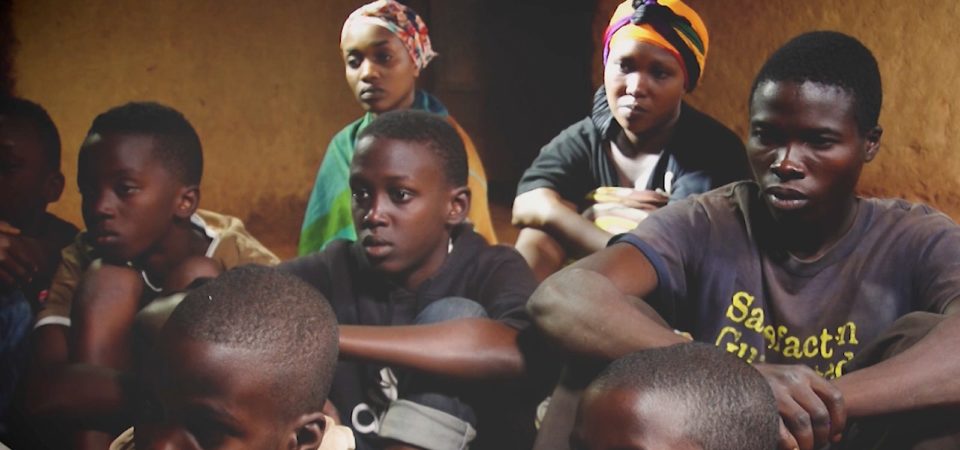The following essay was adapted from PMC’s annual campaign mini-site.
They say no man (or woman) is an island. That’s never truer than in the evolution of social norms: the largely invisible, unquestioned behavioral fabric of everyday life. Long-established and widely practiced, social norms include the daily habits, unwritten rules and normalized behaviors that everyone in the community accepts, and to a large degree, expects. If one person in a community has a new and better idea about how they might live their life, if it contradicts age-old social norms, they won’t get very far — unless they have additional support.
Social norms can be good, bad or indifferent. In some places where PMC works, for example, it may be normal for a man to physically hit his wife for cooking dinner late. It may be fully expected that adolescent girls, much younger than 18, will be forced to marry much older men. It may be accepted that girls will only be educated, fed and cared for if there are resources left over after the boys have been taken care of. To short-circuit oppressive norms like this, a key accomplishment is creating awareness that change is both possible and desirable across a critical mass of society.
Fortunately, good entertainment has universal appeal. In each society we work in, PMC’s dramas offer irresistible, scintillating stories – attracting audiences from across the spectrum of class, gender, education, and other cultural strata. Men and women, boys and girls, teachers and students, bankers and brick-layers. These diverse audiences now share an important common denominator: they have all been exposed to new ideas and possibilities. Some will be motivated to implement these new ideas in their real lives.
For example, an aspiring 11 year old girl now knows she deserves a chance to be educated – and at least a few of her 11 year old male peers realize this too. One of her parents may now stop and think – is it really such a bad idea that the girl got an education, instead of working in the fields? Would the implications for the family necessarily all be negative? How could we make this work to everyone’s benefit? The village teacher might even question his old beliefs and admit to himself that a girl student has just as much potential as the boys. The girl now has willing allies embedded in her community.
The door to social change has been cracked open, with newly minted agents of social change in all segments of society who are emotionally committed to pushing them wide open. It is amazing what the power of suggestion can do.
Population Media Center works around the world to make progress on the interconnected issues of the full rights of women and girls, population, and the environment. Our ability to spark behavior change in individuals and communities rests on the application of time-tested social and communication theories, with Bandura’s Social Learning and Social Cognitive Theories playing a central role. According to these theories, much of human behavior is learned through observation of role models, whether in person or through the media.
PMC’s organizational vision is “a sustainable planet with equal rights for all,” and we have dedicated ourselves to making progress on the interconnected issues of the full rights of women and girls, population, and the environment.
Learn more at: populationmedia.org/getreel/
The essay above was adapted from PMC’s annual campaign mini-site.
The MAHB Blog is a venture of the Millennium Alliance for Humanity and the Biosphere. Questions should be directed to joan@mahbonline.org
MAHB Blog: https://mahb.stanford.edu/blog/give-her-allies-pmc/
The views and opinions expressed through the MAHB Website are those of the contributing authors and do not necessarily reflect an official position of the MAHB. The MAHB aims to share a range of perspectives and welcomes the discussions that they prompt.
